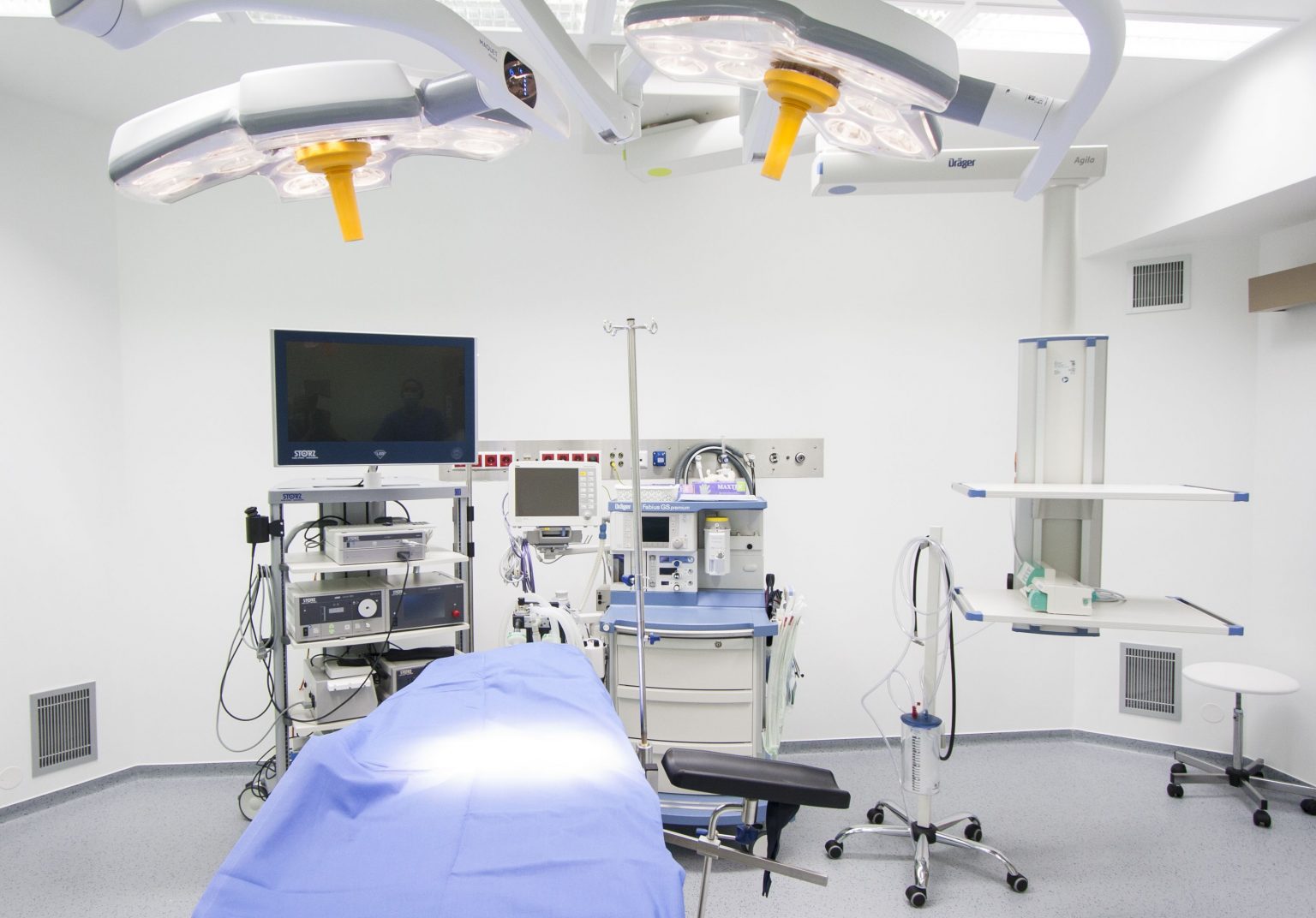Endoscopic incision of bladder stenosis
Endoscopic incision of bladder stenosis is a surgical procedure used to elevate the stiffness of the internal sphincters of the bladder. It can be used to eliminate the difficulty of opening the bladder and urinating, and thus the development of urinary retention and infections.
What is bladder stenosis?
Sphincter sclerosis is a lesion caused by thickening and stiffening of the internal sphincters of the bladder. As a result, opening the bladder becomes difficult when urinating, which after a while leads to urinary retention.
How does bladder stenosis develop?
As the internal sphincters of the bladder stiffen, it becomes difficult to urinate, and as a result of increased exertion, it becomes thicker. Over time, however, the muscles become depleted, the bladder expands, leaving urine inside. Stagnant urine also predisposes to infections and inflammation in the bladder, and urine flowing back to the kidneys can damage it.
It is most common in men as a complication of bladder surgery or inflammation.
What are the symptoms of bladder stenosis?
The following symptoms may indicate a narrowing of the bladder:
- difficulty urinating
- urinary obstruction
- decreased urine output
- feeling of residual urine despite frequent urination
- urine with an unpleasant odour in case of infection
To establish the diagnosis, it is necessary to perform urethrocystoscopy, as well as urine sediment and renal function laboratory tests, urine flow examination and ultrasound examinations may be recommended. If infection is suspected, urine culture can be required.
How to treat bladder stenosis?
Only the surgical procedure is the long-term solution to the problem causing the complaint, not the conservative treatment.
When is surgery warranted?
If the complaints are persistent and long-lasting, it is recommended to have the surgery performed.
Failure to perform surgery is not life-threatening, however, proven sphincter sclerosis obstructs urine flow, which can adversely affect bladder and kidney function later on, therefore surgery is strongly recommended.

What happens during bladder incision?
Incision of the bladder is performed under general anaesthesia. During surgery, the thickened muscle bundle causing stenosis, previously recognized with urethrocystoscopy, is incised in 3 directions by the resectoscope needle loop by the urologist performing the surgery, as a result of which the scarred area dilates. The surgeon alleviates any bleeding that may occur, leaving a catheter in the bladder to allow urine to pass through.
As a result of the incision, the pre-existing narrowing is eliminated, and the patient’s difficult urination is settled.
What are the risks of surgery?
As with any surgical procedure, incision of bladder stenosis can have dangers and complications. General dangers of medical intervention, such as infections, post-bleeding, etc. may also occur in case of this intervention as well. The chances of developing complications are greatly influenced by what previous bladder surgeries have taken place.
After surgery, the previously incised area may become scarred, and other areas of the urethra may narrow, necessitating further surgery.
However, the frequency of complications is negligible relative to the number of surgeries performed.
What can I expect after the surgery?
After the procedure, there may be mild pain around the bladder.
The bladder catheter inserted during surgery is removed the day after surgery or within a week. Medication should be used as directed by a doctor to prevent infections and reduce pain.
You can leave our hospital the day after the operation, after your doctor informs you about the further possibilities and course of the treatment.
What can bladder stensosis cause if left untreated?

Failure to perform surgery does not have a life-threatening consequence, however, due to the obstruction of urine flow resulting from the stenosis, it may have a detrimental effect on kidney function later on. Stagnant urine makes the patient prone to infections, bladder stones, therefore surgery is definitely recommended in the long run.
What is included in the price of ureterocele surgery at Medicover Hospital?
The cost of surgery for endoscopic incision of the bladder includes the cost of the surgery, as well as the cost of hospital stay after the surgery and the follow-up examination.
The price the preliminary specialist consultation and the pre-operative examinations is not part of the surgical cost, please inquire about the price of these by calling our Call Center.
Convenience services
We accommodate our clients in a modern, pleasant, air-conditioned single room. Each room has a private bathroom, fridge and TV, and free WIFI access is also available. We also provide our clients with individual nurse supervision, who will help your continuous recovery during your stay.
